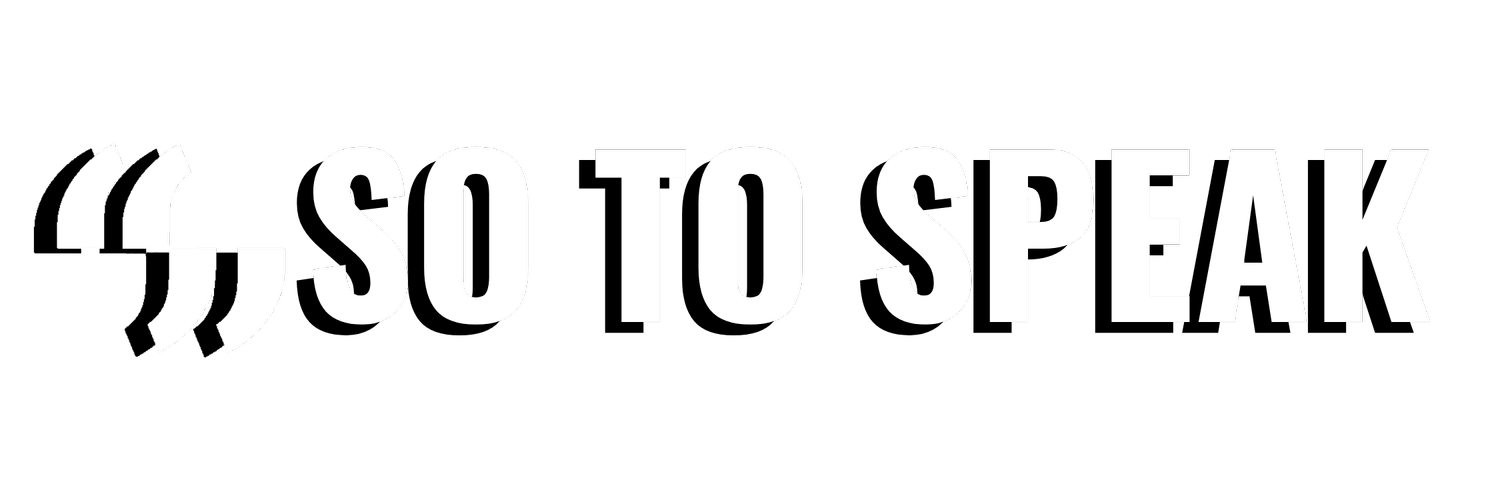
nonfiction, spring 2016
Herrschaft (Territory)
So—the facts. Or, what I think are the facts. Someone raped me. I was raped. It was not a stranger. Or rather, he was not a stranger. I knew him, vaguely—a friend of a friend.
I am fairly sure he drugged me, although, of course, I have no proof of that. But I remember nearly every minute of the evening until we got into bed, and then, there are enormous chunks missing. Yes, we got into bed. I invited him there. This is the problem, the hairy problem. I would have willingly had sex with this person, this slimeball, who I was frankly rather disgusted by—if also rather charmed—what does that mean, anyway?
—except for the fact that I had no condoms at my house. Before we went into my bedroom, I told him as much—“I will not be having sex with you; there are no condoms at my house.” Maybe not those words, precisely, but the effect, the language, was clear and concise. I was in that curious space between desire and disgust. I was scoring. I kept count of my men.
What happened in the bedroom confuses me. A curious, detached lightness overcame me. It was as if I wasn’t in my body, and not in that frightening, anxious sense. It was as if I cared for nothing. I began to fade in and out of consciousness. True, I had been drinking, but not to excess, and as I stated, previously—I can tell you everything that happened, up to the details of our conversation in my apartment—he asked me to put music on, and I did—the Beatles—“I Wanna Be Your Man”—and he told a story I already knew about the Beatles—
“You know the Stones asked for a song, and they gave him this one? Just as a fuck you. ‘Cause Ringo wrote it. You know.”
I knew. I pretended I didn’t know it. I pretended I was stupid so he would feel cool. How many times has that happened in my life? Countless. But back to the events of the evening— my friend Grace was there, and then she was gone, making a knowing face at me. Later, she’d feel horrible, sick, guilty, responsible—you name it. Sure it was her fault.
He poured me red wine.
In bed, like I wrote, we fooled around and I faded in and out of consciousness, until I felt him suddenly rear up and force himself onto me, at which point I pushed him and said, “No, no, no,” repeatedly. And pushed again. And then, blackness. Months later, he told my friend Elaine, “that girl just hates me because I came inside of her.” At which point Elaine joined Grace in my list of friends who were physically ill at the thought of what happened that evening. When she told me what he said, I felt even more disgusted, as I’d reduced the incident to a mere moment in my mind, which clearly it was not.
So then, I reduced it to a language problem— rape means a stranger, in an alleyway, blood, broken glass, broken nose, a thing you don’t come back from. At least to me. Despite the fact that, as early as my freshman year in high school, one of my best friends was “date raped” by a senior.
A moment, then, for that particular language problem. Date rape—because it became necessary to categorize non-consensual sex. Date rape was like “rape light,” a less caloric version of the real thing. Another exchange—take away the glitter of broken glass, shining in the corner of her eye beneath the street light of whatever alleyway this attack is occurring in. In its place, a bedroom in a suburb, a white oak end table with a pink lampshade just visible from the corner of her same brown eye, the objects in the dark room are the only the outlines, the origins of objects, as from this moment on, for an indeterminate amount of time, she will exchange herself—her inimitable, knotty core—for the outlines, the origins of a girl.
Have I mentioned the confusion, the wreaked havoc, of doubt it threw me into? I wrote, above, “Should we have had a condom, I’d likely have had consensual sex with him.” Why, though, the granting, the perpetual granting, of doubt’s grand benefit to, of all people, my rapist? Even writing that down makes me ill. Again, a question of language—I use the possessive pronoun and I become ill at ease, a little sick, the way you feel when you’ve eaten too many sweets—my rapist, the way I call my lover, my mother, my son. He has bound me to him. I must acknowledge that. I must admit he owns—no, he shares—this act with me. Who was it that wrote, “Love is the victim’s response to the rapist”? But if I write, “the person who raped me,” I distance him. I distance it. And what, pray tell, is better? More accurate? More likely to leave me in peace? More likely to render an accurate version of events?
Neither.
Yes, I wrote that I’d likely have had sex with him if he’d had a condom, would willingly have done so. And given that a hypothetical situation exists in which, with the existence in my bedroom, in my old, cluttered apartment, in Sonoma, California, on West Napa Street, of a condom, a simple rubber sheath encased in plastic, I may have—nay, probably would have—engaged in consensual, mutual sex with the person who raped me, is the act of rape that occurred then null and void? And since the act I’m writing of also took place in the past, and since the act I’m writing of took place when I was drugged, in a strange state, an altered state, a state that is, essentially its own secondary, foul little rape, with the rape of my single glass of red wine with whatever cruel powder he filled it with a tertiary violation, and since I have walked these things in circles in my mind so much so that they now seem, from time to time, like a wretched and dulled fantasia, a horror show that happened to someone other than myself (to a shadow of a girl, her outlines, her origins, spun on an axis), do the two events, one hypothetical, the other the blurry, awful truth of my life, then cancel one another out? In this hypothesis, its rubber sheath, sheathed in plastic, my fate—a one-night stand, or an act of gross violence against my body and soul? Who was it that said, “If rape is inevitable, you may as well relax and enjoy it”? This was the sheath that hugged my internal reason in a vice grip, this the absurd granting of the benefit of the doubt—this event hinges on this imaginary condom—oh where, oh where did it lie, waiting for me to retrieve it? Waiting for him? Is it snug in its purple 8-pack, a furled flag, in the 7-11 up the road from my house, a pit-stop on the way home from the bar? Is it at his house, as he later claimed—“Next time, we’ll do it at my place, there are condoms there”—
The truth? The place I’ve arrived at, nearly a decade later? It is nowhere. My one-night stand is nowhere, a torch song, a non-event. It never happened. I was raped. He raped me. My rapist raped me. He held me down and forced himself onto me. He did not wear a condom, as there were none to be worn. Despite the hundreds of condoms, maybe thousands, that sat in silent vigil, that kept watch, at the 7-11 up the road from my house, and down the road from the bar we left together, the 7-11 that the man who raped me stopped at to buy cigarettes, to get matches, to buy me cigarettes, to get me matches—despite the fact that for weeks, we’d been flirting, and I’d just invited him over for a drink on a Friday night—he did not buy condoms. And even if he had, even if he did, because maybe he did, maybe that cinched, purple-sheathed sucker was there all along—face facts. He wasn’t going to use it. He wasn’t interested in sex.
The existence of that condom in my mind changes the person he is, the person I will become. It erases so much. My coming disasters. In that condom, my rapist becomes another—a funny, cute, charming guy, one I want to sleep with, one I do sleep with. A person that doesn’t exist. As the woman I was walks into the front door of her apartment that Friday night only to leave as another that Saturday morning. A charming stranger. As was he. The devil come to call. Oh, you little packed and compact rubber, it’s time you let me be, it’s time that you erase and contain my doubt, reveal the simple truth of that lone night—he came there to rape me. He did what he came to do.
Emily Van Duyne
is a poet, critic, and professor of Writing, and Women & Gender Studies at Stockton University in New Jersey. Her work has appeared most recently in The Prague Revue, and is forthcoming in The Chronicle of Higher Education. She writes regularly about feminism, sex, single motherhood, and contingent faculty in American higher education. She lives just outside of Atlantic City, NJ, with her partner, her two children, Hank & Stella, and their two cats, Jean-Luc & LeBron James.
